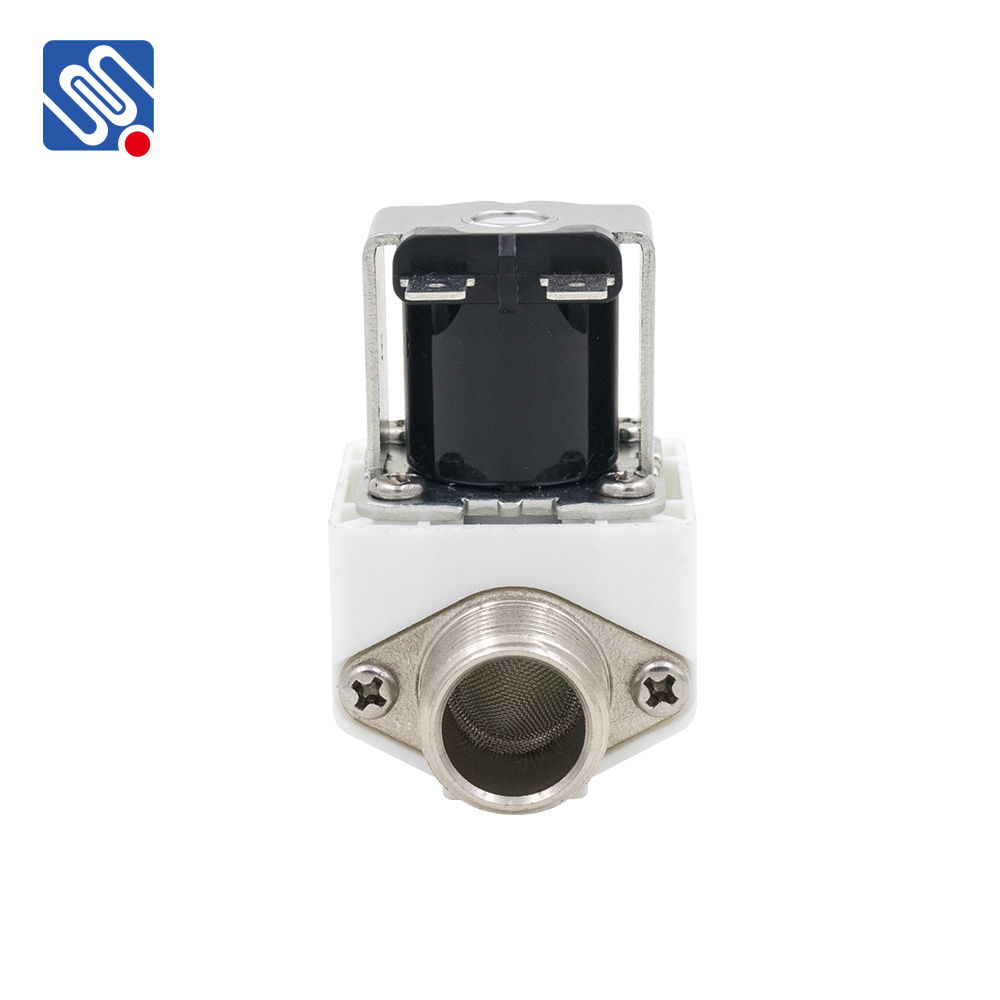Food grade solenoid valves play a crucial role in the food and beverage industry, ensuring the safe and hygienic control of fluids and gases in food processing and packaging systems. These valves are designed to meet strict standards to avoid contamination and ensure compliance with health regulations, which is essential when dealing with consumables. This article explores the significance of food grade solenoid valves, their characteristics, and their applications in the industry.

What is a Food Grade Solenoid Valve? A food grade solenoid valve is an electrically controlled valve used to regulate the flow of liquids or gases in systems that handle food and beverages. Unlike standard solenoid valves, food grade versions are made from materials that comply with food safety regulations, ensuring that no harmful substances leach into the product. These valves are typically constructed from stainless steel or other non-corrosive materials to ensure durability, longevity, and hygiene. The primary function of a solenoid valve is to open or close a fluid passage by using an electromagnet to move a plunger or valve disk. In the food industry, these valves are essential in controlling various processes, such as ingredient dosing, temperature control, and sterilization.
Leave a Reply
You must be logged in to post a comment.